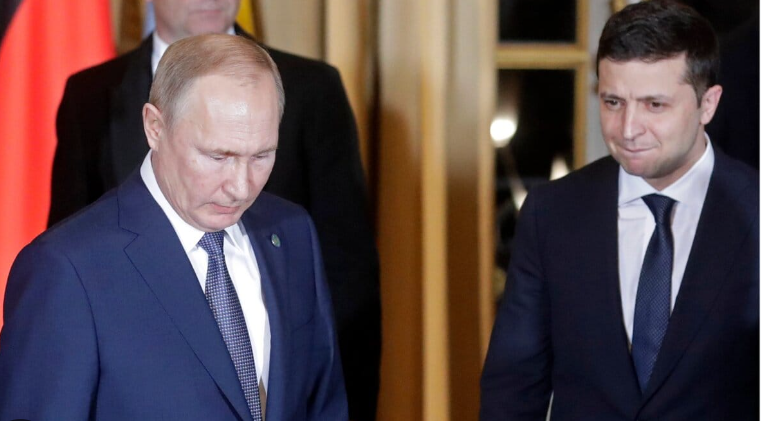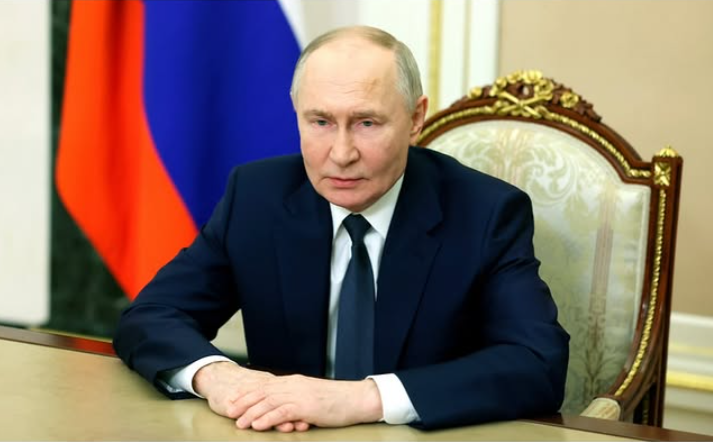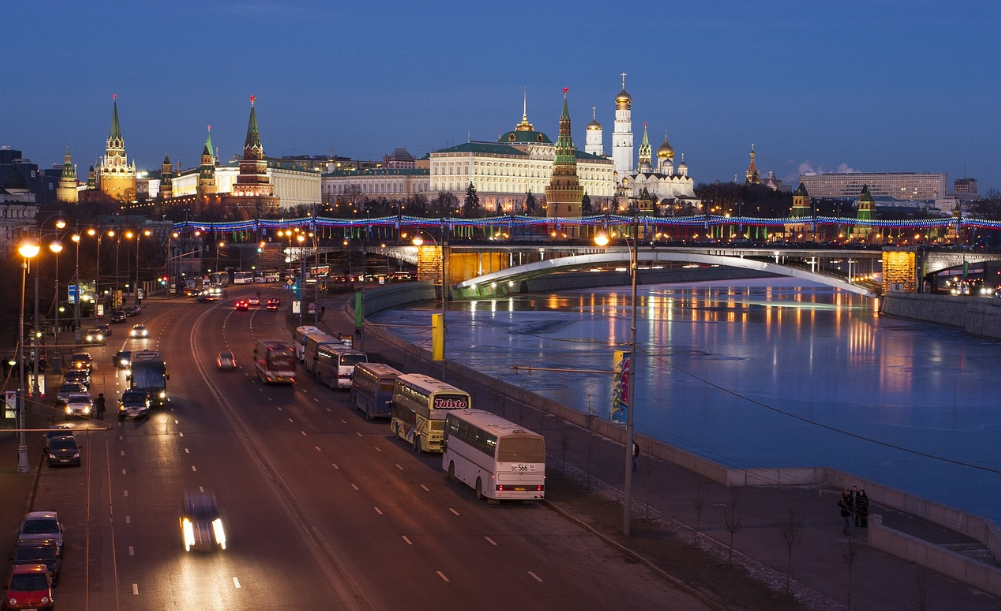[ad_1]
WASHINGTON (Reuters) – President Donald Trump will further pressure Chinese President Xi Jinping in talks next week to take tougher measures against North Korea, as the United States compiles information for possible new sanctions on Chinese banks working with Pyongyang.
Senior administration officials say Trump will try to convince Xi when they meet in Beijing to squeeze North Korea with steps such as limits on oil exports, coal imports and financial transactions.
It is the latest attempt by Trump to have China, North Korea’s only major ally, rein in Pyongyang’s nuclear weapons ambitions but it is far from clear if Xi, who has just consolidated his power at a Communist Party congress, will agree.
China says its leverage over Pyongyang is exaggerated, and points to its support in the U.N. Security Council for recent sanctions on North Korea as evidence that it is trying to curtail the isolated nation’s nuclear and missile tests.
North Korea this year conducted a powerful nuclear test detonation and has test-fired intercontinental ballistic missiles that, if perfected, could reach the U.S. mainland. Trump has vowed to prevent North Korea gaining that capability.
Two U.S. officials said the threat of additional U.N. and other economic sanctions on North Korea is another option to solicit greater cooperation from China, by playing on Beijing’s concerns that deeper poverty in North Korea could prompt an exodus of refugees across its border.
The officials said the United States and its allies have been collecting detailed information on Chinese bank transactions with North Korea to try to identify institutions with the “most egregious” records of doing business with Pyongyang.
The objective, the officials said, is to craft a proposal for escalating sanctions on Chinese financial and other entities that stops short of sanctioning the People’s Bank of China central bank.
Washington so far has mostly held off on new sanctions against Chinese banks and companies doing business with North Korea, given fears of retaliation by Beijing and possibly far-reaching effects on the world economy.
KISSINGER MEETING
Trump’s stop in Beijing is part of a Nov. 3-14 tour of five Asian nations in which North Korea will be a major focus. The visit includes U.S. allies Japan and South Korea who have watched with increasing worry as the United States and North Korea have exchanged bellicose rhetoric.
To prepare for his trip, Trump met with former U.S. Secretary of State Henry Kissinger, a key player in President Richard Nixon’s opening to China in 1972.
And over lunch last week at the White House, Trump asked Singapore Prime Minister Lee Hsien Loong for his opinion about North Korea and its unpredictable leader, a participant said.
Lee told him that Kim sees his nuclear weapons program as essential to his survival after the U.S.-led ouster of Iraqi President Saddam Hussein, and Libyan leader Muammar Gaddhafi’s downfall.
“Lee said it’s probably impossible for Kim to become convinced that the United States doesn’t want to overthrow him,” a participant at the lunch said. “They’re super-paranoid.”
While part of the U.S. strategy on North Korea is to deprive Kim Jong Un’s government of resources, Trump has left open the threat of military force.
U.S. officials, while emphasizing they want a diplomatic solution, have highlighted military preparedness to counter a North Korean threat and there are three U.S. aircraft carrier groups in the region.
Trump has threatened to “totally destroy” North Korea and has derided Kim as a “Rocket Man” on a suicide mission, to the dismay of some U.S. military and intelligence officials who fear such rhetoric could backfire.
As well as pressuring China, the United States is quietly pursuing direct diplomacy with North Korea, using a “New York channel” to get in contact with diplomats at Pyongyang’s United Nations mission.
Analysts in Asia are skeptical Trump’s pressure on China will work.
“I don’t think China will seriously change its existing policy on North Korea simply because of more pressure from the United States,” said Zhao Tong, a North Korea expert at the Carnegie-Tsinghua Center in Beijing.
China’s ambassador to the United States, Cui Tiankai, told reporters on Monday it will take a broad effort to pressure North Korea and China alone cannot solve the problem. “China has been doing everything we can on the Korean issue,” he said.
In Japan, the threat from Pyongyang hit close to home after tests this year in which two ballistic missiles flew over its territory.
But there is concern in Tokyo that the Trump administration lacks a clear North Korea strategy.
“The biggest worry is that Trump’s grand Asia policy, North Korea policy, is not well defined… but responds to circumstances instead… ,” said Toshihiro Nayakama, a professor at Keio University.
“They turn to China to exert pressure but the question is to what extent there is Chinese pressure. I believe this is not yet evaluated by the U.S. administration,” he said.
The Trump administration has considered threatening China with trade actions over its resistance to do more on North Korea.
While some advisers from outside his administration have urged Trump to pursue this course, he has been persuaded against it by his own advisers who have warned of a trade war, U.S. officials said.
Additional reporting by David Brunnstrom in Washington, Philip Wen in Beijing and Linda Sieg in Tokyo; Editing by Yara Bayoumy and Alistair Bell
[ad_2]
Source link






Leave a Reply